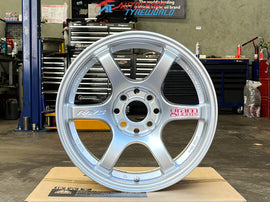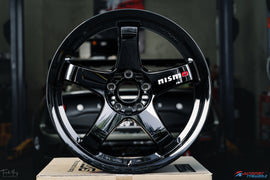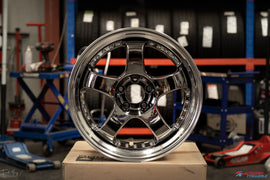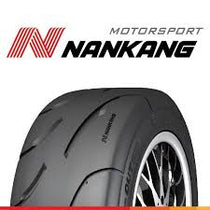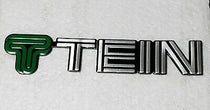Maintaining proper tyre pressure is crucial for vehicle safety and performance. Under-inflated tyres can lead to decreased fuel efficiency, reduced handling, and increased risk of tyre failure. Regularly checking and maintaining the correct tyre pressure ensures optimal vehicle performance and safety.

Why Tyre Pressure Matters
Tyres are the only contact point between your vehicle and the road. Proper inflation ensures that tyres wear evenly, provide optimal traction, and contribute to better fuel economy. According to the RACV, driving on poorly maintained or worn tyres can compromise your vehicle’s grip and handling, especially on wet or poorly surfaced roads

Risks of Under-Inflated Tyres
-
Reduced Fuel Efficiency: Under-inflated tyres create more rolling resistance, causing the engine to work harder and consume more fuel.
-
Increased Tyre Wear: Improper inflation leads to uneven tyre wear, shortening the lifespan of your tyres and increasing replacement costs.
-
Poor Handling and Braking: Low tyre pressure affects vehicle handling, making steering less responsive and increasing stopping distances.
-
Higher Risk of Blowouts: Under-inflated tyres are more prone to overheating, which can lead to sudden tyre failure and potential accidents.

How to Check Tyre Pressure
-
Use a Reliable Gauge: Invest in a quality tyre pressure gauge to check your tyres regularly. Digital gauges are recommended for their accuracy.
-
Follow Manufacturer Recommendations: Refer to your vehicle's manual or the placard located on the driver's side door frame for the correct tyre pressure specifications.
-
Check When Tyres Are Cold: Measure tyre pressure when the tyres are cold, as heat from driving can affect the readings.
-
Regular Inspections: Inspect your tyres at least once a month and before long trips to ensure they are properly inflated and free from damage.

Additional Tips for Tyre Maintenance
-
Rotate Tyres Regularly: Rotating your tyres every 5,000 to 8,000 kilometers promotes even wear and extends tyre life.
-
Wheel Alignment: Ensure your wheels are properly aligned to prevent uneven tyre wear and improve handling.
-
Avoid Overloading: Carrying excessive weight can put additional strain on your tyres, leading to increased wear and potential failure.

Conclusion
Regular tyre pressure checks are a simple yet vital aspect of vehicle maintenance. By ensuring your tyres are properly inflated, you enhance safety, improve fuel efficiency, and extend the lifespan of your tyres. Make tyre maintenance a regular part of your vehicle care routine to enjoy a smoother and safer driving experience.

